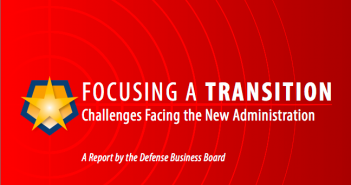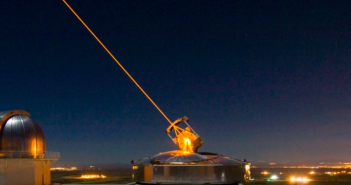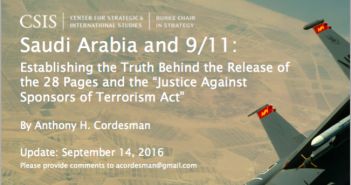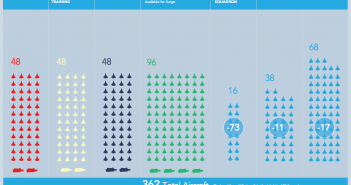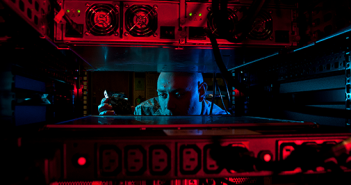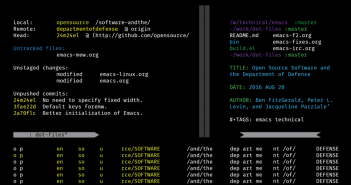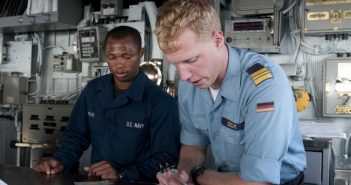Your single destination for high-quality content from top think tanks around the world. Fresh reports and analysis as they are released to ensure valuable thought leadership work isn’t lost in the daily noise.

CNAS: U.S. Public Support for Drone Strikes
What is driving U.S. public support for drones? Despite the large number of opinion polls available – there is very little known about the reasoning behind U.S. public preferences for unmanned air strikes, how strong these preferences are, and in what situations the American public would prefer unmanned over manned air strikes. There are two reasons for this.

